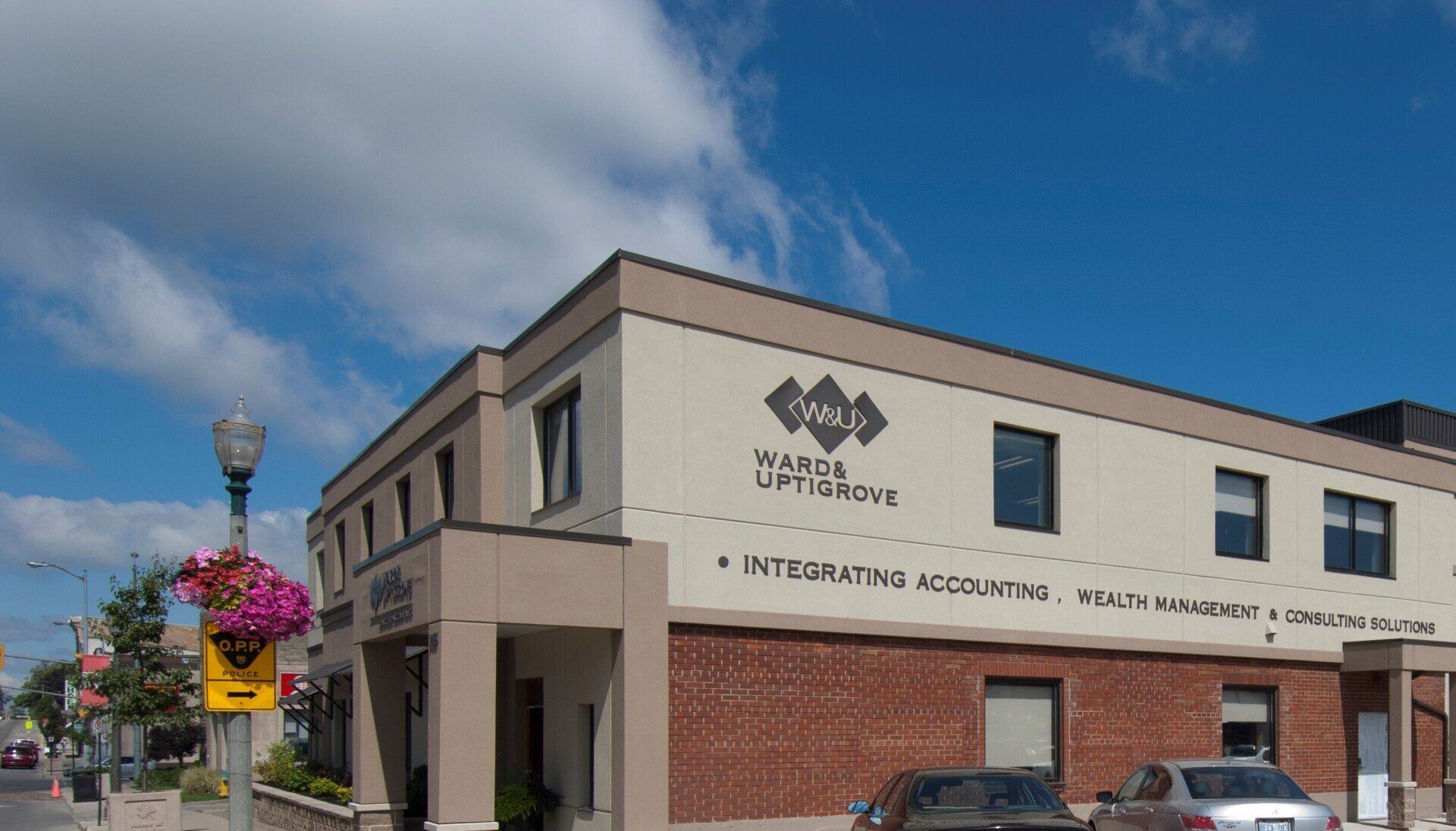Should You Save or Pay Down Debt?
This article is based off our podcast episode “Paying Down Debt vs. Saving with a Wealth Advisor”. If you prefer to listen rather than read, you can find it here.
It’s been about two years since Central Banks started increasing interest rates to combat inflation. For anyone with debt in their lives, the question has likely become “Do I put extra money towards paying down debt, or do I save it?”.
There are three ways to use your money. The first is spending it on goods and services. Once it’s spent, it’s gone and is replaced with an item or a service. Many of those things you need to do just to survive – you need to keep food in your tummy and the lights on at home. The other two forms of spending are investing and paying down debt.
Investing and paying down debt are both forms of spending that improve your net worth. If you’re investing, the value of your assets increases. If you’re paying down debt, your liabilities decrease. Either are a good choice when it comes to increasing your net worth, but one may be better than the other depending on your personal situation.
How do you weigh the options of paying down debt versus investing?
When you pay down debt, you’re reducing the amount of interest you’ll pay in the future. For example, if you have a $100,000 loan that has a 5% interest rate on it and you pay off that loan, you will have saved yourself $5,000 in interest expense.
There is less certainty when you invest, unless you’re choosing a GIC or similar investment. If you’re putting funds into a balanced portfolio with stocks and bonds, you are hoping to earn investment income including interest, dividend payments, and eventually price appreciation. However, as with anything in the markets, the value of that initial investment can go up and down. Your rate of return simply cannot be guaranteed.
In choosing to pay down debt, you are guaranteed a rate of return – unless you have a variable rate in place. Typically, though, you know what your interest cost will be annually. In choosing to invest, you are asking yourself whether you can do better than the guaranteed rate of return on your debt. Interest rates were historically low up until last year – your guaranteed rate of return on debt was maybe 2% - so it was less attractive to pay down debt.
What about those who are still benefiting from a low fixed interest rate on their debt?
Many people are still benefiting from historically low fixes rates today. If you got a new mortgage in 2020 or 2021, you could have a mortgage rate under 2%. In hearing that mortgage rates have climbed to 7% at the time of writing, some people are feeling panicked, thinking they need to pay down their mortgage. However, doing so right now may not be in your best interest financially.
Alternatively, having a lump sum ready to pay down on your mortgage when it matures IS a good idea. If you have money from an inheritance for example and you’re not sure what to do with it, one strategy could be to put that money in a risk-free investment that could earn you 5% now, beating that 2% mortgage. As long as you ensure your risk-free investment matures at the same time or a bit before your mortgage term, you can then use that lump sum to pay down your debt. In this way, you’re able to take advantage of the higher interest rates now.
How does tax impact your choice?
There are also tax implications to consider when looking at paying down debt or investing. For example, contributing to a Registered Savings Plan (RSP) offers a tax deferral that could be beneficial in the future. If you put $10,000 into an RSP and your marginal tax rate is 30%, you will be in a better position by $3,000. One strategy could be to make the RSP contribution, file your taxes, get your return, and then use that lump sum from your return to pay down debt.
Another situation to consider is deductible debt. This is generally debt that is used to acquire a business or assets within a business. Typically, a mortgage or home equity line of credit doesn’t qualify. In this situation of comparing rates of return on debt versus investing, you must consider the tax implications. In a corporation or a sole proprietorship, the interest costs applied to generate income can be used against the related revenue to lower the taxable income. This can become a complicated calculation and is very individualized based on your unique situation. It’s important to seek professional advice from an Accountant or Financial Planner before making any decisions.
Others Considerations
Other important factors to consider when making the decision between paying down debt or investing are:
- The type of debt you have
- Eg: Non-secured debt like a credit card with 20% interest is almost always one you want to pay down immediately. Rarely can you find a rate of return on an investment higher than 20%!
- Cash flow needs
- A bonus is great to receive, but do you have seasonality to your income? Or maybe you have a trip planned. Consider what you need over the next 6-12 months and plan accordingly
- If you pay down your debt, how will you use funds in the future to improve your net worth?
- Eg: paying off your mortgage is a great feeling, but what will you do with the money coming in that was previously being used for mortgage payments? Your Financial Planner can help you make a strong financial decision, rather than using it all on goods and services and not improving your net worth.
Our Financial Planners are always ready to answer your questions related to paying down debt, investing, and more.
Next Steps
Contact a Ward & Uptigrove Wealth Management representative at 519-291-3040 or email info@w-u.on.ca to learn more.





